Palestinian Boy Burned to Death
Palestinians believe the death of Muhammad Abu Khdeir, “was a revenge killing for the earlier deaths of three Israeli teens” near Hebron, in the West Bank.
Dr. James M. Wall Global News Centre
(CHICAGO) The headline for Jodi Rudoren’s July 5 New York Times story captures the ugly report in all of its appalling harshness.
“Autopsy Suggests Palestinian Teenager Was Burned to Death After Abduction”
The picture at left, from the New York Times, is that of Muhammad Hussein Abu Khdeir’s father, greeting guests at his home Saturday.
Standing with him is Mousa Zaloum, 8, a boy from a neighbor’s family, whose neck was said to have been cut in a kidnapping attempt.
The Times story begins:
“Muhammad Abu Khdeir, 16, spent his last hours before being abducted, beaten and most likely burned to death in one of his favorite places, doing some of his favorite things.
Until about 1 a.m. Wednesday, a close cousin said, Muhammad was at the recreation center named for his respected, expansive Palestinian family in the ancient section of the East Jerusalem neighborhood of Shuafat, impressing friends with his defensive prowess at the foosball table and watching World Cup matches on a flat-screen television he recently helped install.”
The Associated Press reported Sunday that Israeli police have arrested several “Jewish suspects” in connection with the crime. No names were released.
Palestinians believe the death of Muhammad Abu Khdeir, “was a revenge killing for the earlier deaths of three Israeli teens” near Hebron, in the West Bank.
The Jewish Voice for Peace web site reported this week that the Israeli government has responded to the recent rash of violence by sealing off Palestinian towns, arresting more than 400 Palestinian and raiding over 100 homes. Israel has also carried out bombing raids in the same time period.
At a time when American Protestant church leaders continue to debate how best to respond to the asymmetrical struggle between Israel, the military occupation power, and the Palestinian people, the cycle of violence builds with all the furor of a fierce storm.
The fierceness of that storm stands in contrast to the conversation within U.S. religious ruling circles in which leaders continue to float along above the immorality of this conflict.
Pete Seeger’s classic folk song asks, “when will they ever learn”? What needs to be learned in this conflict is that this is no ancient blood feud which has led to this suffering.
The conflict derives from a military occupation in which thugs on the occupiers’ side of the conflict are allowed to increasingly spin out of control, roaming streets and forests to brutalize a captive population whose only weapons are stones and largely ineffective rockets.
The Times provides a medical report and describes the immediate aftermath of the death of Muhammad Abu Khdeir:
“On Saturday, the Palestinian attorney general said that an autopsy had found soot in Muhammad’s lungs, suggesting that he had been burned alive before his charred body was found in a forest.
The preliminary autopsy findings, and reports that a 15-year-old, American-born cousin of Muhammad had been brutally beaten and then arrested by Israeli police officers during a violent clash in the neighborhood on Thursday, only increased the outrage Saturday in Shuafat and among Palestinians elsewhere.”
This is what happens in an occupation. Violence spirals and law disappears into chaos.
Superior military power solves nothing, Rather, it emboldens violent conduct. As a consequence, that conduct evokes the memory of brown-shirted party members rampaging through the streets of Germany’s towns and cities as the Nazis came to power.
More from the Times:
“Today is my cousin, tomorrow my son,” said Abir Abu Khdeir, 45, one of scores of mourning women in the shaded courtyard outside Muhammad’s home. “All Shuafat is in danger, all the settlers around us. It’s like a monster — they want to eat us.”
Muhammad’s mother, Suha, sat in the center, interrupting interviews to cover her tears with an orange washcloth. Muhammad was the fifth of her seven children, a goofy jokester who danced the dabke, a traditional line dance, in a folk troupe. He was a devoted fan of the Real Madrid soccer team and went weekly to a barber to keep the sides of his head closely shaven.
His mother said she had just given Muhammad breakfast when he left at 3:30 a.m. Wednesday for the prayer that starts the daily fast during the Muslim holy month of Ramadan.
There is a stark contrast between this Jerusalem domestic tableau of community and family grief, and the game-playing of those U.S. religious leaders who refuse to take even minor economic steps to demonstrate solidarity with an occupied people.
When will they ever learn? The answer is not until we learn to see ourselves as history will one day remember us.
Start with the ongoing conflict over divestment within the Presbyterian Church USA, and look at this conflict as a replay of an American southern religious struggles in the the early 1960s.
The horrific stories of this past week recall a development in the struggle for justice in April, 1963, when Dr. Martin Luther King, Jr., was confined in the Birmingham city jail. King, (right) and several colleagues had been arrested for demonstrating against racial segregation.
In April, 1963, a group of church leaders refused to take action to stop the brutality and killings of racial segregation in the American South.
Go slow, they advised King, a man who had lived in the state of Georgia under the tyranny of segregation his entire life. He was finished, he said, with “going slow”.
In his jail cell he sat down and wrote, at first on scraps of paper, the famous document that came to be known as the “Letter from Birmingham jail”. That letter was first published in The Christian Century magazine.
American church leaders who want to “go slow” in Palestine in 2014, should spend this week contemplating the relationship of the 1963 church leaders’ counsel to King to “go slow”, to the “go slow” mindset of those 2014 U.S. denominational leaders who continue to “debate” what should be done to deal with the asymmetrical power struggle between Israelis and Palestinians.
The parallel between a U.S. segregated society in 1963 and the asymmetrical struggle between Israel’s occupation military force and an occupied Palestinian population should be painfully obvious.
Scholars who study the 1963 American segregation era concur that the only religious leader who later expressed regret over the 1963 religious “go slow” letter was a Birmingham Jewish leader, Rabbi Milton L. Grafman, of Temple Emanu-El,
There were divestment supporting Jewish observers at the 221st Presbyterian USA General Assembly—the denomination has been around more than two centuries—when that body voted to divest all financial holdings from three U.S. corporations doing business in the Occupied Palestinian Territories (OPT).
The vote was close but the GA did vote to get out of the business of financing military occupation.
The vote to divest from three companies, Caterpillar, Hewlett-Packard, and Motorola Solutions, was a political contest between Presbyterian delegates who favored the divestment resolution and pro-Israel delegates and their Jewish Zionist-oriented observers, who opposed divestment.
One Jewish observer tried a tactic that smacked of good old fashioned U.S. political horse trading.
That observor, Rabbi Rick Jacobs, offered to guarantee the delegates a personal meeting between the PCUSA General Assembly moderator, Heath Rada, and Israeli Prime Minister Benjamin Netanyahu, if the delegates would vote down the divestment resolution. That ploy failed.
Rada (shown here) maintained a good spirit during the debates. As votes were tallied, he had to respond to efforts to halt the voting through procedural maneuvers.
As each maneuver was tried, he said it looked like he might be packing his bags to fly to Tel Avi. When the maneuvers were rejected, he joked that he would have to unpack his bags.
During the Assembly, an attempt was made by the pro-Israel contingent in the GA to ban sales of the study book, Zionism Unsettled, from the denomination’s book stores. That effort was defeated by assembly delegates.
The Israel Palestine Mission Network (IPMN) web site gives the history of that parliamentary maneuver:
“At the 221st GA, in the commissioners’ resolution that was overwhelmingly approved in the plenary as part of the consent agenda, the GA clarified that the publication [Zionism Unsettled] “does not represent the views of the Presbyterian Church (U.S.A.)” and directed “all Presbyterian Church (U.S.A.) entities to express this statement in all future catalogs, print or online resources.”
Zionism Unsettled is, of course, a study guide that did not claim to be church doctrine. It was a guide designed by IPMN to explain the mysterious hold that a 19th century political ideology called Zionism holds over contemporary 21st Protestant church leaders.
Well after the General Assembly adjourned and the delegates returned home, IPMN received an unexpected shock.
The PCUSA executive committee announced that “since Zionism Unsettled was not in keeping with current church doctrine”, it would not be sold from the denomination’s book stores nor on the denomination’s website.
In short, despite the defeat of that action by the GA delegates, the defeated action became official church policy.
Despite this setback, IPMN reports that it will continue to distribute ZU through its web site.
The U.S-based United Methodist Church will meet during the summer of 2016. A battle over divestment is expected
Delegates for that 2016 General Conference are already being elected in regional conferences. Predictions vary, but the Methodists are expected to be as divided on the issue of divestment as their Presbyterian colleagues.
In a recent posting, I called attention to a quote from Rashid Khalidi, who quotes William Quandt.
Quandt sums up the Palestinian dilemma in past U.S. secular presidential decision-making with a simple declaration: “the Palestinians had no domestic constituency”.
Religious communities in the U.S. are supposed to function as the nation’s conscience, the moral center that speaks for the voiceless and the oppressed.
Unfortunately, in the matter of Israelis and Palestinians, with some scattered but notable exceptions, our religious communities remain trapped in their own self-imposed political prison, euphemistically referred to as “interfaith dialogue”.
Despite its innocuous appearance, the phrase, “interfaith dialogue” refers to the amazing assumption that to maintain friendly relations with people of the Jewish faith, Christians must overlook the atrocity of the modern state of Israel’s military occupation of the Palestinian people.
Or to put it in the vernacular, “Me and the rabbi, we go way back. Palestinians? Don’t know any. What’s for lunch?”
___________________________________
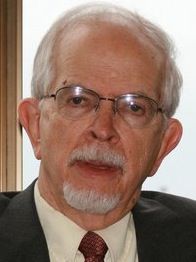 Journalism was Jim Wall’s undergraduate college major at Emory University, Atlanta, Georgia. He has earned two MA degrees, one from Emory, and one from the University of Chicago, both in religion. An ordained United Methodist clergy person; he and his wife, Mary Eleanor, are the parents of three sons, and the grandparents of four grandchildren. They live in Elmhurst, Illinois.
Journalism was Jim Wall’s undergraduate college major at Emory University, Atlanta, Georgia. He has earned two MA degrees, one from Emory, and one from the University of Chicago, both in religion. An ordained United Methodist clergy person; he and his wife, Mary Eleanor, are the parents of three sons, and the grandparents of four grandchildren. They live in Elmhurst, Illinois.
Jim served for two years on active duty in the US Air Force, and three additional years in the USAF (inactive) reserve. While serving with the Alaskan Command, he reached the rank of first lieutenant. He has worked as a sports writer for both the Atlanta Journal and Constitution, was editor of the United Methodist magazine, Christian Advocate for ten years, and editor and publisher of the Christian Century magazine for 27 years, starting in 1972. Time magazine wrote about the new editor, who arrived at the Christian Century determined to turn the magazine into a hard-hitting news publication. The inspiration for Wall Writings comes from that mindset and from many other sources that have influenced Jim’s writings over the years, including politics, cinema, media, American culture, and the political struggles in the Middle East. Jim has made more than 20 trips to that region as a journalist, during which he covered such events as Anwar Sadat’s 1977 trip to Jerusalem, and the 2006 Palestinian legislative election. He has interviewed, and written about, journalists, religious leaders, political leaders and private citizens in the region. You can write to Jim Wall at [email protected]. Visit Jim’s Website: Wall Writings


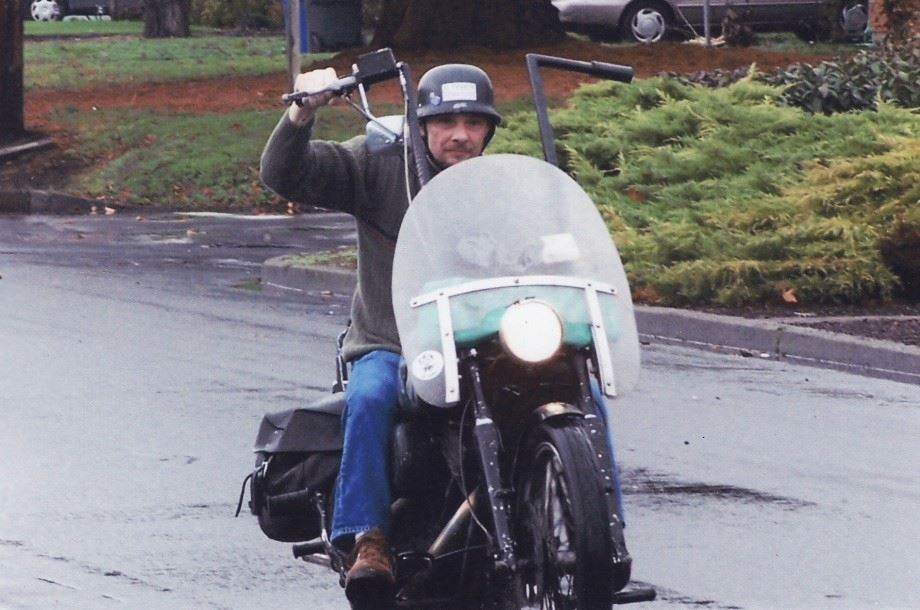
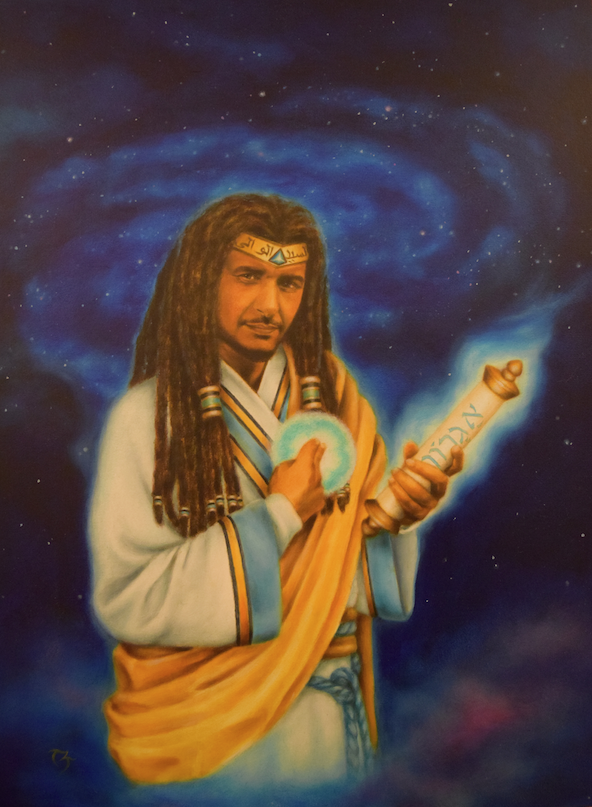
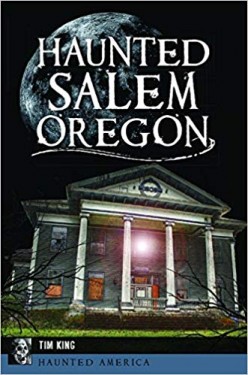

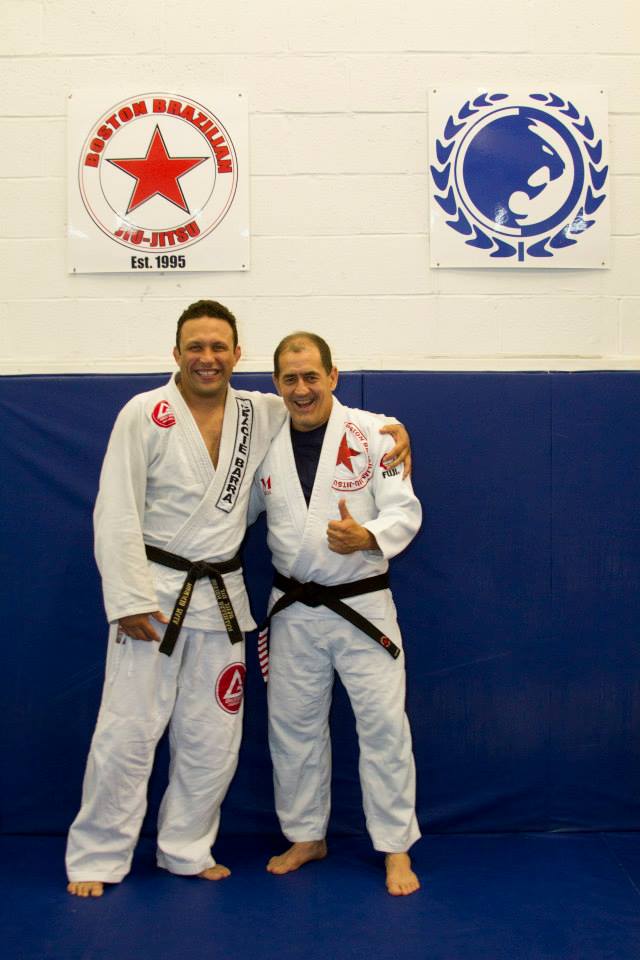
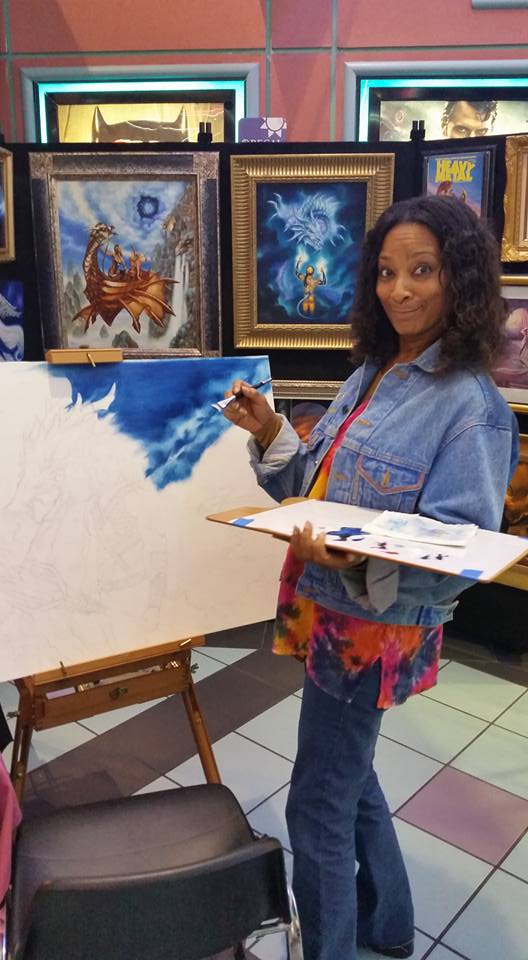

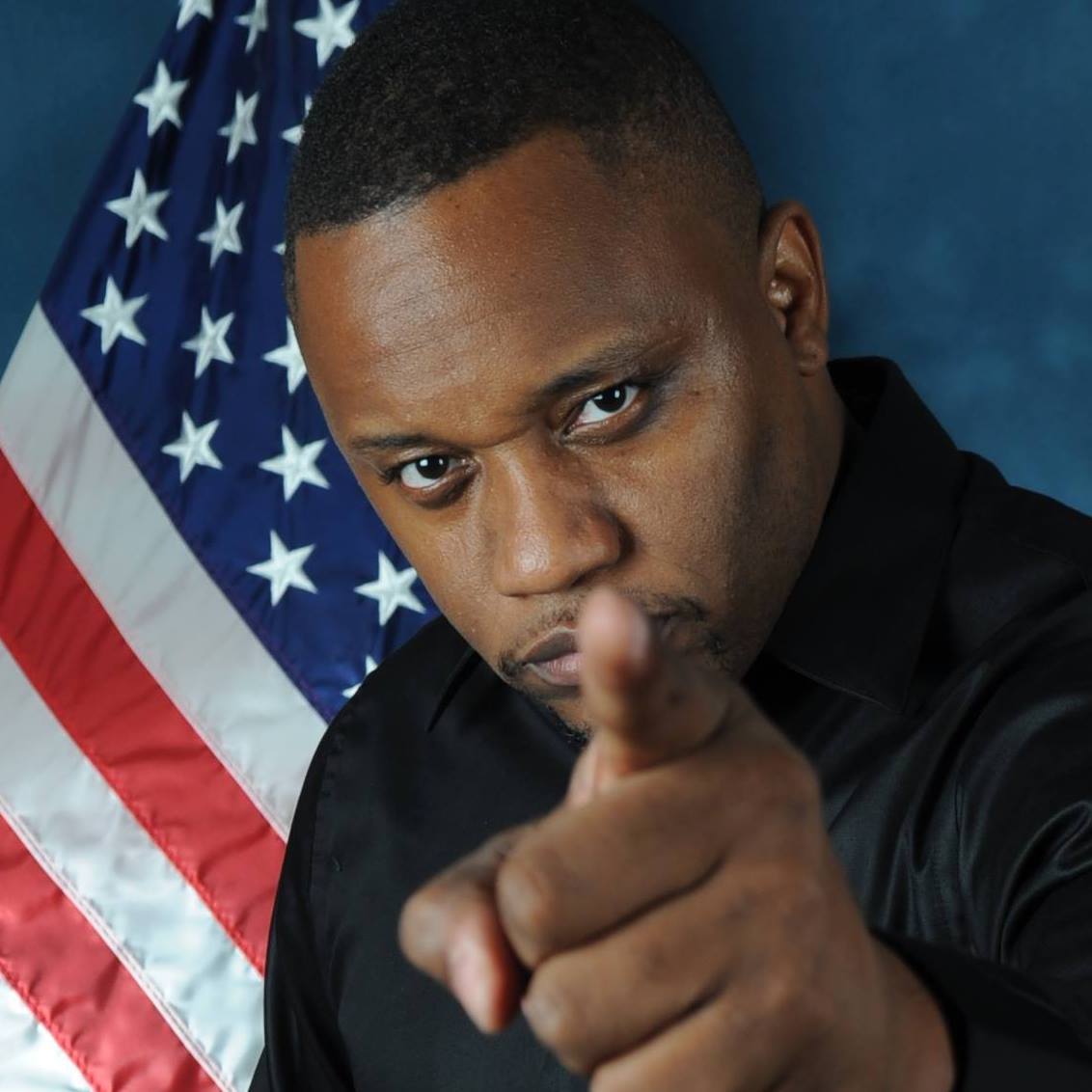
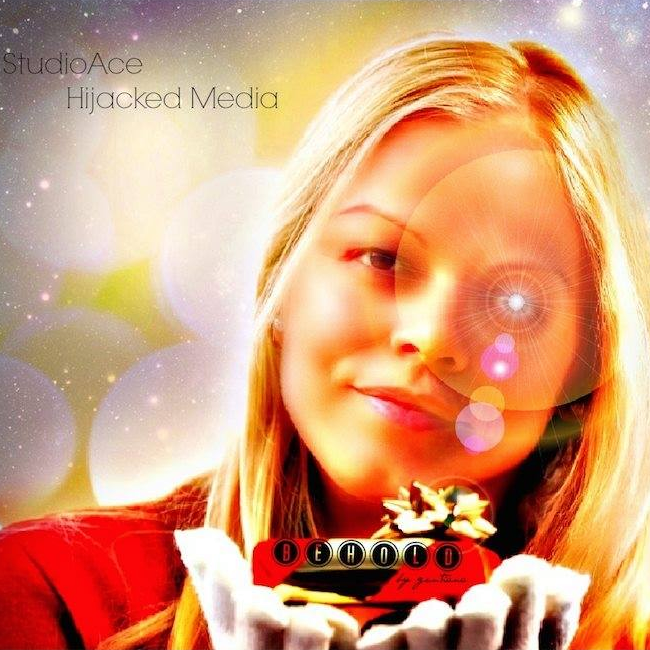

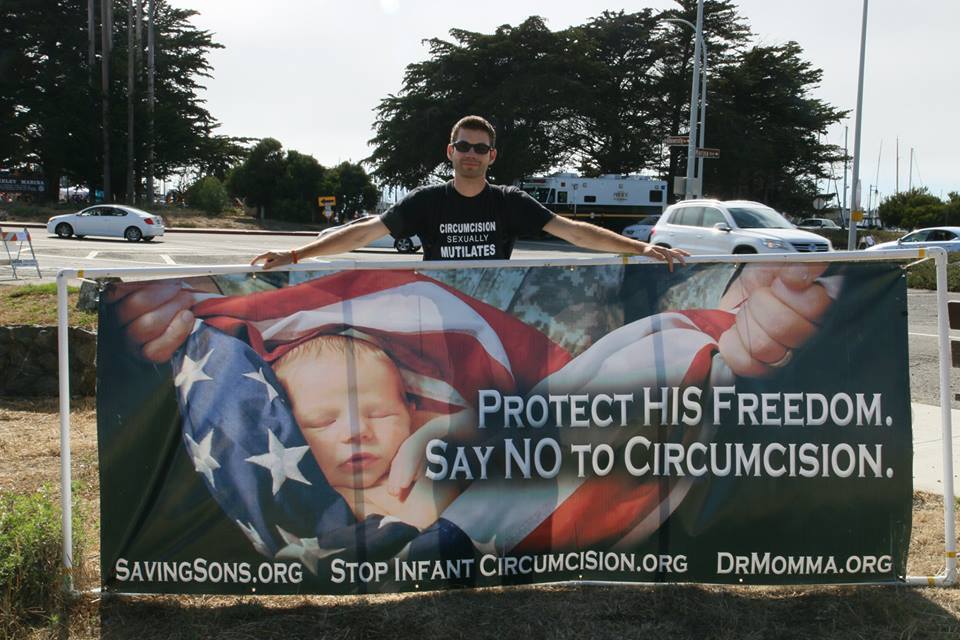








Leave a Reply
You must be logged in to post a comment.